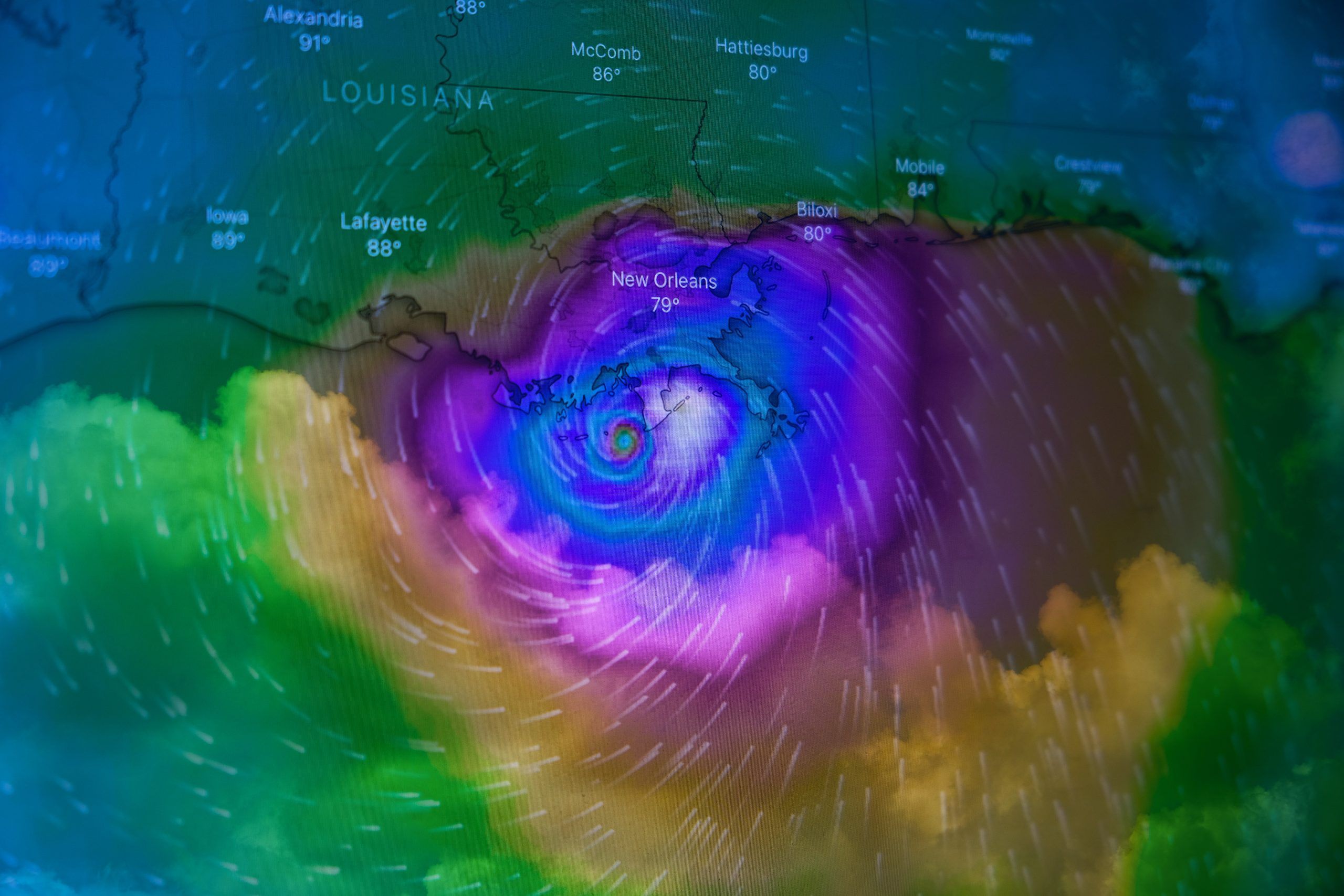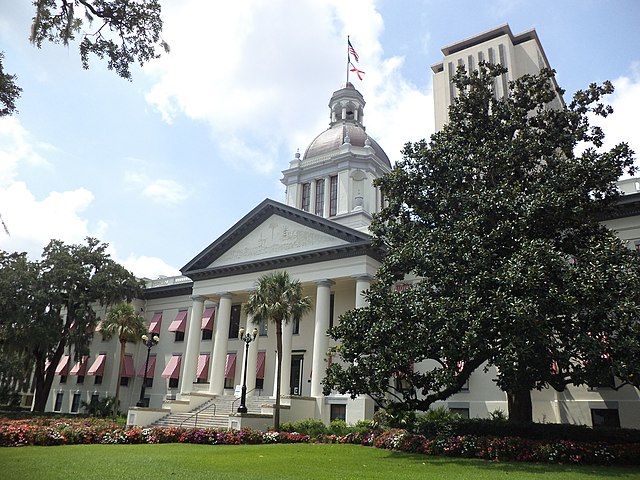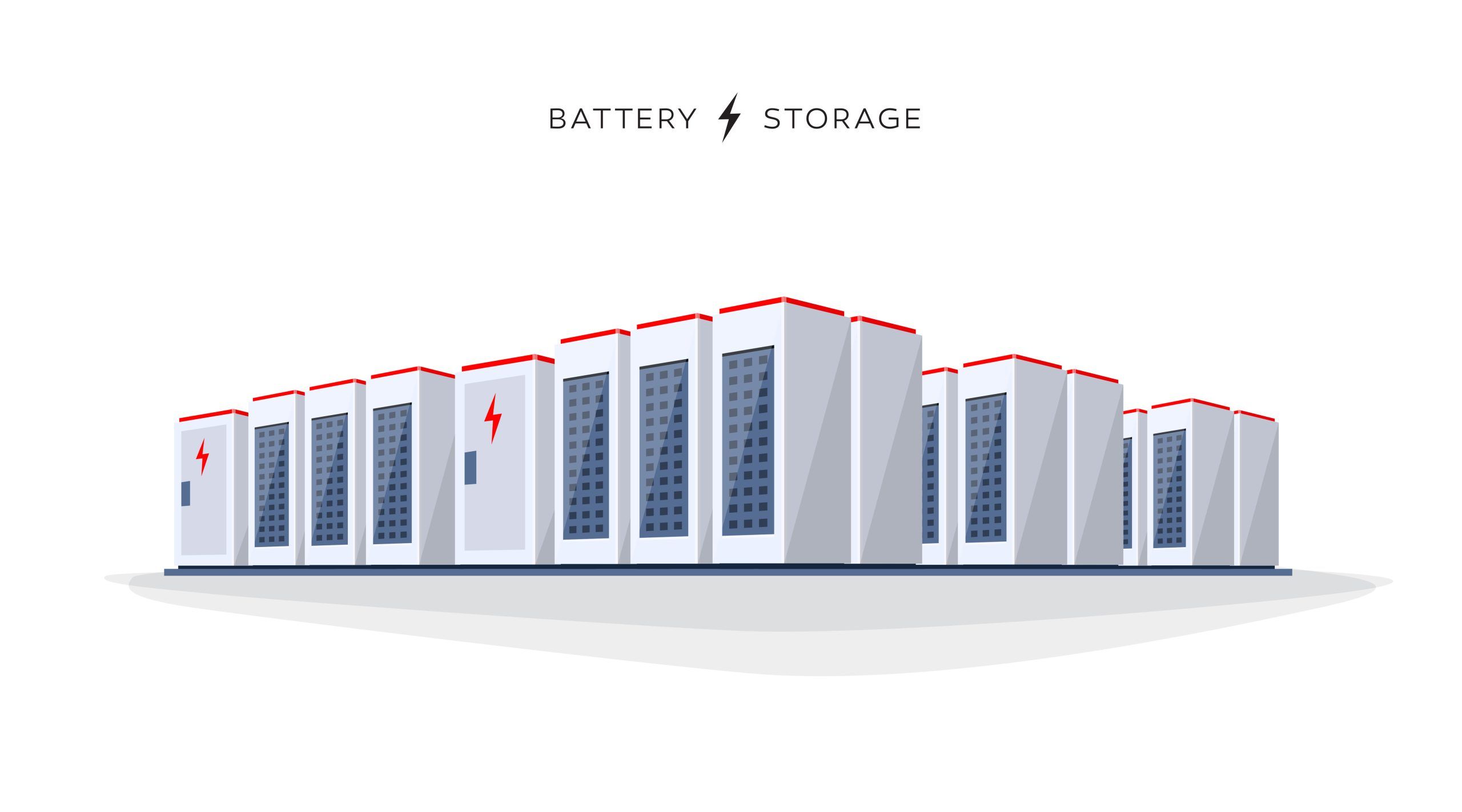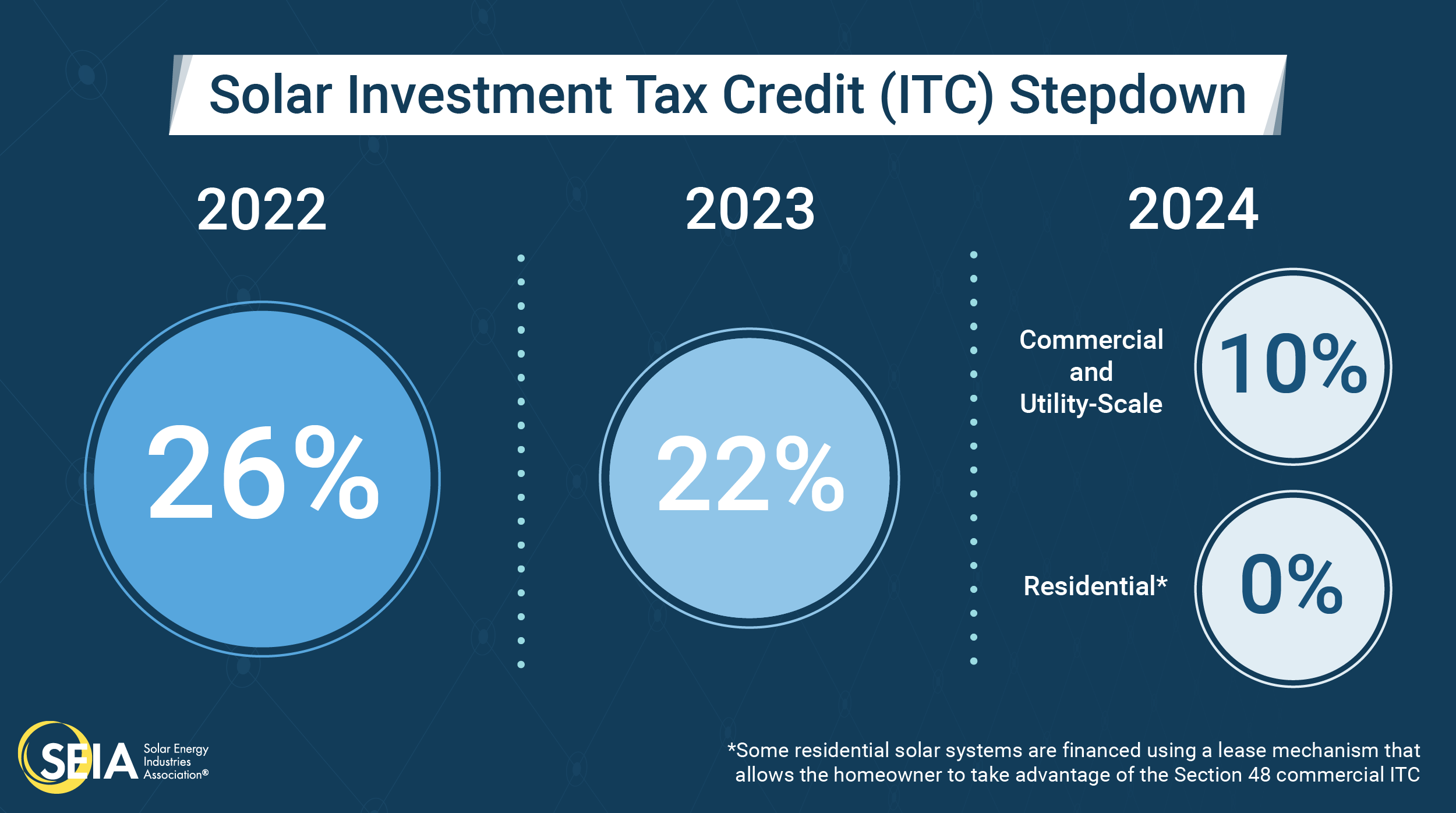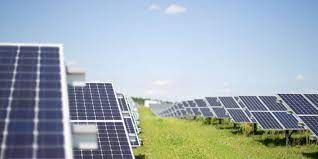Can Solar Panels Stand Up to Hurricanes?
As we have experienced firsthand in Northwest Florida, hurricanes making landfall on the gulf coast have become increasingly intense and destructive.
Hurricanes have always been a safety concern for Floridians, but they’ve become deadlier, more frequent, and more destructive with time. The Statistical analysis bears out what we see anecdotally on the ground.
Via the Environmental Defense Fund:
“Researchers suggest that the most damaging U.S. hurricanes are three times more frequent than 100 years ago, and that the proportion of major hurricanes (Category 3 or above) in the Atlantic Ocean has doubled since 1980.”
The 2020 Atlantic hurricane season saw a record 30 named tropical storms, surpassing the previous record set in 2005. More prolific hurricane seasons are surely on the horizon.
The question, then is, could 2022 be another above-average year for hurricanes?

And what does that mean for property owners with solar panel systems?
Understandably, smart customers want to know that the solar panels they buy can survive extreme weather events. Let’s explore how Compass Solar panels perform during hurricanes and hailstorms.
Will my solar panels work during hurricanes?
One of the main benefits of solar panels is the energy independence they provide; even when the grid goes down (as it often does during tropical storms), our customers want to know that their systems will stay online.
The short answer is that your solar panels will generate power if there’s any daylight present — even under cloudy and/or rainy skies. Their output will be diminished in the absence of direct sunlight, but if there’s UV light out there, the panels will grab it and turn it into usable energy.

The other consideration is that a solar battery allows you to store your electricity for use during times of diminished sunlight, such as during a hurricane.
The importance of a high-capacity battery during hurricanes
The unique challenges posed by inclement weather, such as a tropical storm, justify investing in a top-rated battery system.
Times like these are when a high-quality battery can really come through to save the day. The Tesla Powerwall now available through Compass solar has an industry-leading storage capacity of around 10 kWh.
The Powerwall also offers a 9.6 kW continuous power output to power all your major appliances, even energy-intensive refrigerators, when off-grid compared to the industry average of 5kW.
So, while others struggle through the darkness, you’ll keep your lights on.
Tesla’s unique Storm Watch feature prevents storm-induced power outages
The Powerwall has a slew of advantages over other solar panel batteries, but when it comes to navigating through extreme weather, its Storm Watch tops the list.
Storm Watch automatically and continuously monitors the National Weather Service to detect oncoming storms. When it does, it goes into maximum power-saving mode to ensure your battery is fully charged once the storm hits.
Will high winds damage my solar panels?
Solar panels are designed to withstand wind, even at high velocities. Our products’ sturdy engineering allows them to survive in winds as high as 140 mph (2,400 pascals).
For reference, a major category 3 hurricane, per the National Hurricane Center, has a maximum velocity of 129 mph. Most hurricanes have much lesser velocity after they make landfall, after which they tend to slow down.
Solar panels have also survived larger, rarer storms such as 2021’s Hurricane Ida that devastated New Orleans. While residents there whose homes and businesses were connected to the power grid languished for days or weeks with no power, those outfitted with solar panels rode out the storm in relative material comfort:“When Ida crippled a major Entergy electricity tower and transmission lines, it sentenced much of southeast Louisiana to a week or more of heat and darkness. But the Hazlett family’s 37 rooftop solar panels made the blackout bearable, channeling the sun’s energy down to two thin white lithium batteries that kept portions of the house powered.”

More governments in areas typically impacted by hurricanes and tropical storms, particularly in the Gulf of Mexico and the Caribbean, are looking to solar to keep critical infrastructure running during outages.
“Lives depend upon having medical equipment running, food storage systems need to be in place to avoid spoilage, and rescue teams need lighting…
Solar systems can… provide large amounts of power in mere hours. It can save lives with the added bonus of providing an environmentally friendly and safe alternative to gas generators.”
For example, thanks to rooftop solar panels, the Veterans Affairs medical facility in San Juan, Puerto Rico kept power during the devastating 2017 Hurricane Maria while millions of islanders remained without.
If solar power can save an enormous medical facility, it can also save your family home or business during a hurricane.
Will hail damage my solar panels?
As they are with hurricanes and the punishing winds that accompany them, solar panels are also engineered to survive hailstorms.
Depending on the size of the hail, however, it’s possible that your panels might sustain damage. Quality factors into the equation as well. Cheaper solar panels are likelier to break due to hail. As with most things in life, you get what you pay for.
The high-quality solar panels we install for our customers at Compass Solar are battle-tested against all weather conditions, including hail.
Our panels, per the industry standard, are rated to stand up to hailstone up to 25 mm (1 inch) in diameter falling from the sky at speeds of 50 miles per hour.
Climate change drives extreme weather events, solar panels are part of the solution
Climate change is responsible for the rise in all forms of extreme weather events, and hurricanes are no exception.
Here’s how fossil fuels like coal and gasoline warm the planet through carbon dioxide (CO2) emissions and fuel extreme weather events:
“ Hurricanes are growing more powerful as global temperatures rise because these storm systems draw their energy from warm ocean water.”
The United Nations explains that solar panel systems reduce CO2 emissions and, in turn, combat climate change:
“Solar power produces no emissions during generation itself, and life-cycle assessments clearly demonstrate that it has a smaller carbon footprint from ‘cradle-to-grave’ than fossil fuels.”
In addition to providing off-grid energy during storms, owning your own independent energy-generating solar panel system also contributes to greening the planet and reducing overall dependence on carbon dioxide-spewing fossil fuels.
Contact Compass Solar to learn more about solar panel durability
We know what kind of extreme Northwest Florida weather our solar panels can stand up to. And we’re always available to share our knowledge with your neighbors.
Contact Compass Solar to learn more about how solar panels fare in hurricanes and other types of extreme weather conditions and the many benefits of going green with solar panels.
